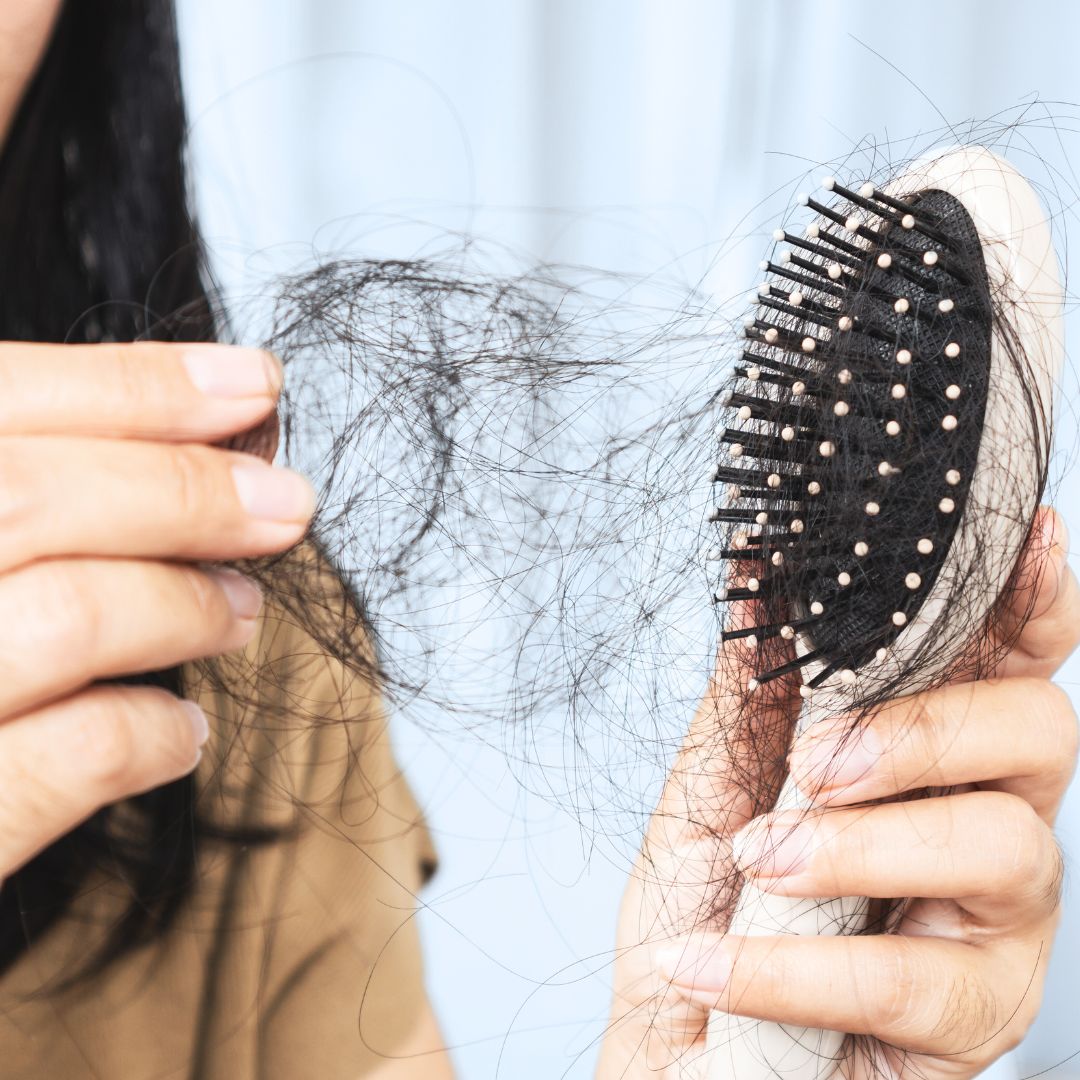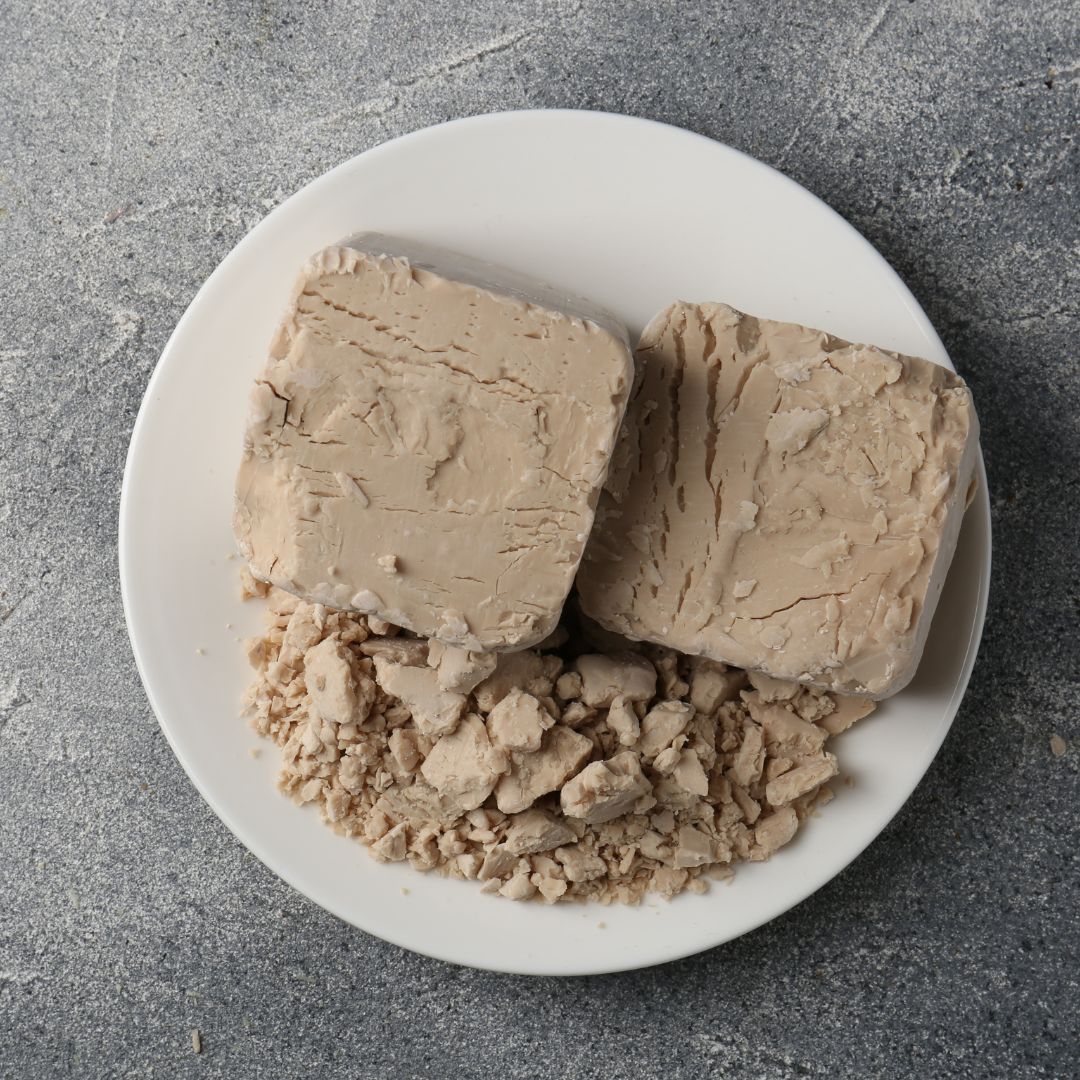Hair fall is a common concern that affects individuals of all ages and genders. While experiencing some amount of hair shedding is normal, excessive hair fall can be distressing. Understanding the causes, treatments, and preventive measures for hair fall can help you address this issue effectively.
Hair fall is a natural part of the hair growth cycle. On average, a person can lose between 50 to 100 hairs per day as part of the normal shedding process. However, when the rate of hair loss exceeds the rate of hair growth, it can lead to noticeable thinning and bald patches.
Causes of Hair Fall:
1. Genetics: Family history plays a significant role in determining one's predisposition to hair loss. Male and female pattern baldness, known as androgenetic alopecia, is a common genetic cause of hair fall.
2. Hormonal Changes: Fluctuations in hormones due to factors like pregnancy, menopause, or thyroid imbalances can contribute to hair fall.
3. Stress: Physical or emotional stress can disrupt the hair growth cycle, leading to increased shedding.
4. Nutritional Deficiencies: Inadequate intake of essential nutrients such as iron, zinc, and vitamins can affect the health of your hair and contribute to hair fall.
Treatment Options for Hair Fall:
1. Topical Products: Topical treatments containing beneficial ingredients can help stimulate hair growth and prevent further loss.
2. Platelet-Rich Plasma (PRP) Therapy: This procedure involves injecting concentrated platelets from your blood into the scalp to promote hair growth.
3. Maintain a Healthy Diet: Ensure your diet is rich in vitamins, minerals, and proteins essential for hair health.
4. Gentle Hair Care: Avoid over-styling, excessive heat, and harsh chemicals that can damage your hair and lead to breakage.
5. Manage Stress: Practice stress-reducing techniques such as meditation, yoga, or regular exercise to promote overall well-being and reduce hair fall.
6. Regular Scalp Massage: Massage your scalp with essential oils like coconut or almond oil to improve blood circulation and promote hair growth.
By addressing the underlying causes of hair fall, exploring appropriate treatment options, and adopting preventive measures, you can effectively manage this common concern and promote healthy hair growth. Remember, consult a healthcare professional or dermatologist for personalized advice and treatment recommendations based on your specific hair loss pattern and concerns.


